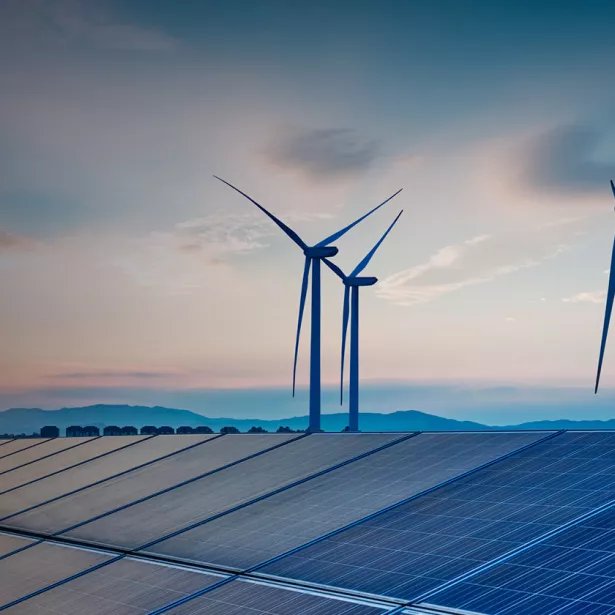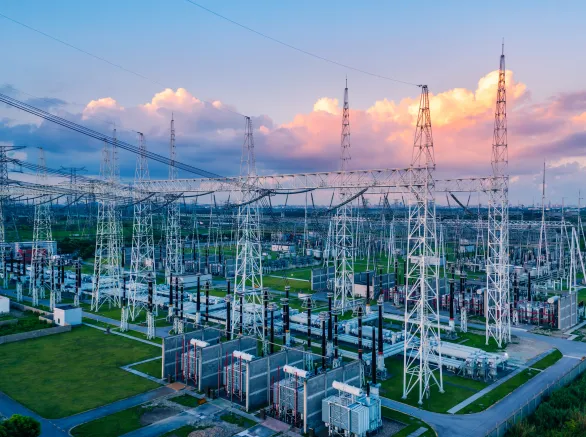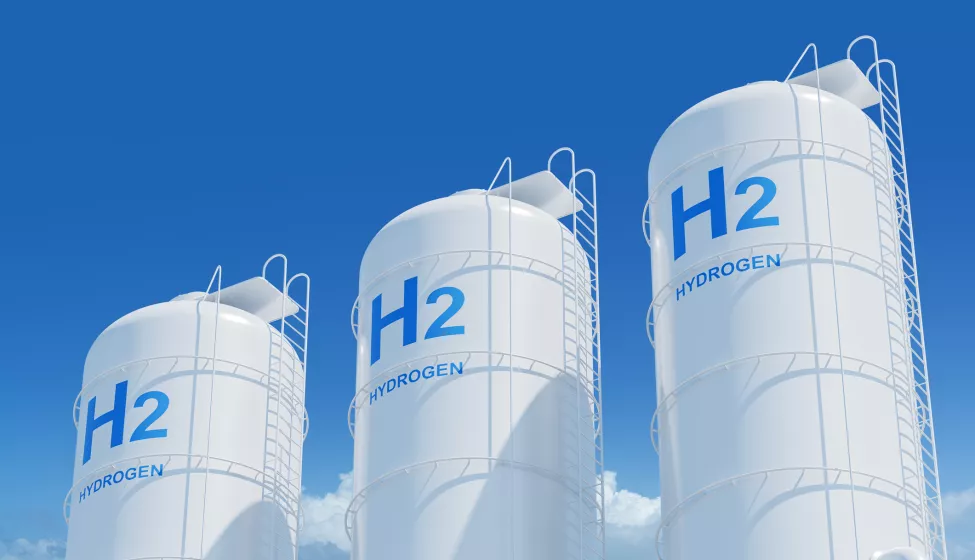
On-Demand Webinar Details
Hydrogen is a promising alternative energy technology that can reduce carbon emissions for transportation and energy companies. In certain applications, hydrogen can be used to store energy for extended durations and transport it over longer distances with greater efficiency and cost effectiveness than electricity. For example, hydrogen and its derivatives (such as ammonia, methanol, and other e-fuels) have advantages in use cases ranging from long-distance trucking and power generation to aerospace.
However, the unique physical properties of hydrogen require innovation in the processes and equipment utilized to support its safe production, storage, and use. Learning about applicable regulations, design standards, and best practices in engineering and science is essential for businesses leaders and legal counsel to help mitigate potential accident claims, class action lawsuits, consumer product failures, recalls, and other risks.
In the new hydrogen ecosystem, companies will need to rely on interdisciplinary teams of engineers and scientists to assist in the safe development and deployment of hydrogen technology. Highly credentialed experts who can conduct analyses to identify applications where hydrogen is both technically and economically feasible are central to any successful solution.
Join Exponent multidisciplinary experts Drs. David Anderson, Achim Wechsung, and George Dimitrakopoulos with moderator Dr. Harri Kytömaa at our upcoming webinar to learn more about the opportunities, risks, and potential areas of future legal disputes associated with the emerging hydrogen ecosystem.
Key Takeaways:
- Hydrogen 101: Important physical properties
- Green, blue, and grey hydrogen production
- Storing and transporting hydrogen and its derivatives
- Key industrial and consumer applications best suited for hydrogen
- Safety considerations in hydrogen production, storage, and use
- Potential areas for future legal disputes related to hydrogen
To view the recording, please fill out the form below.
FREQUENTLY ASKED QUESTIONS
Insights





